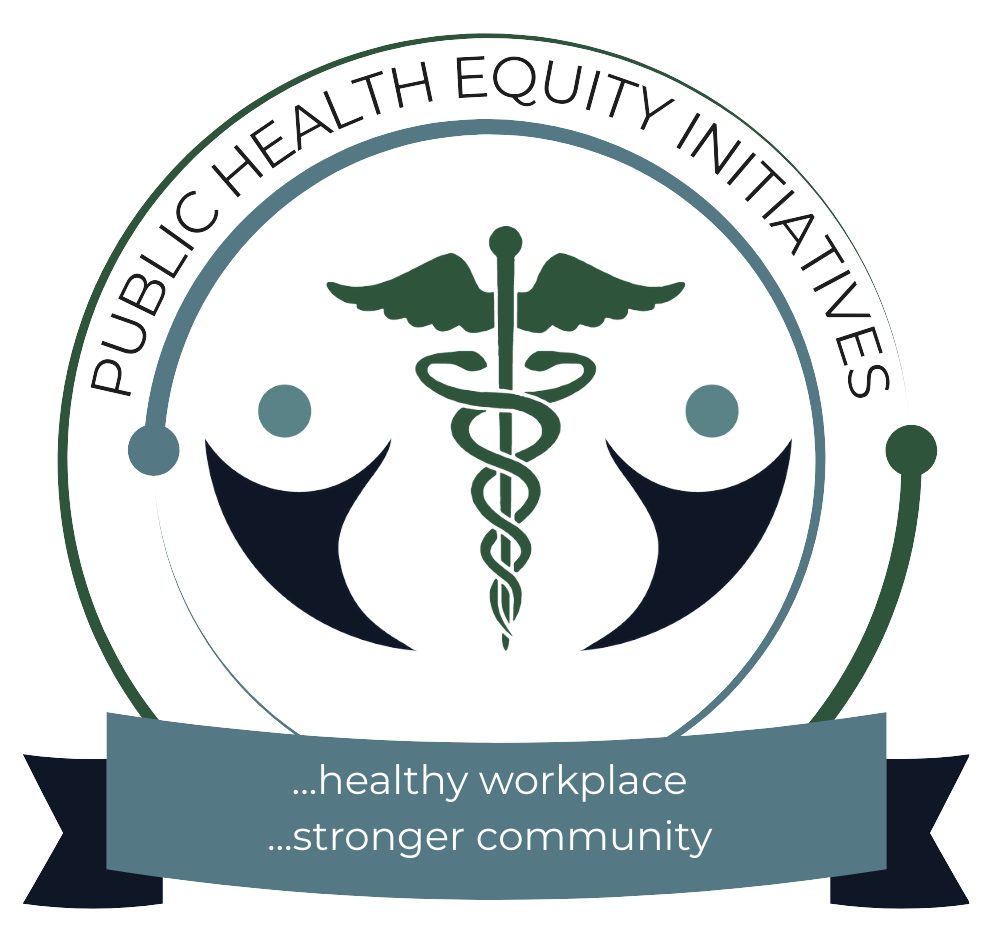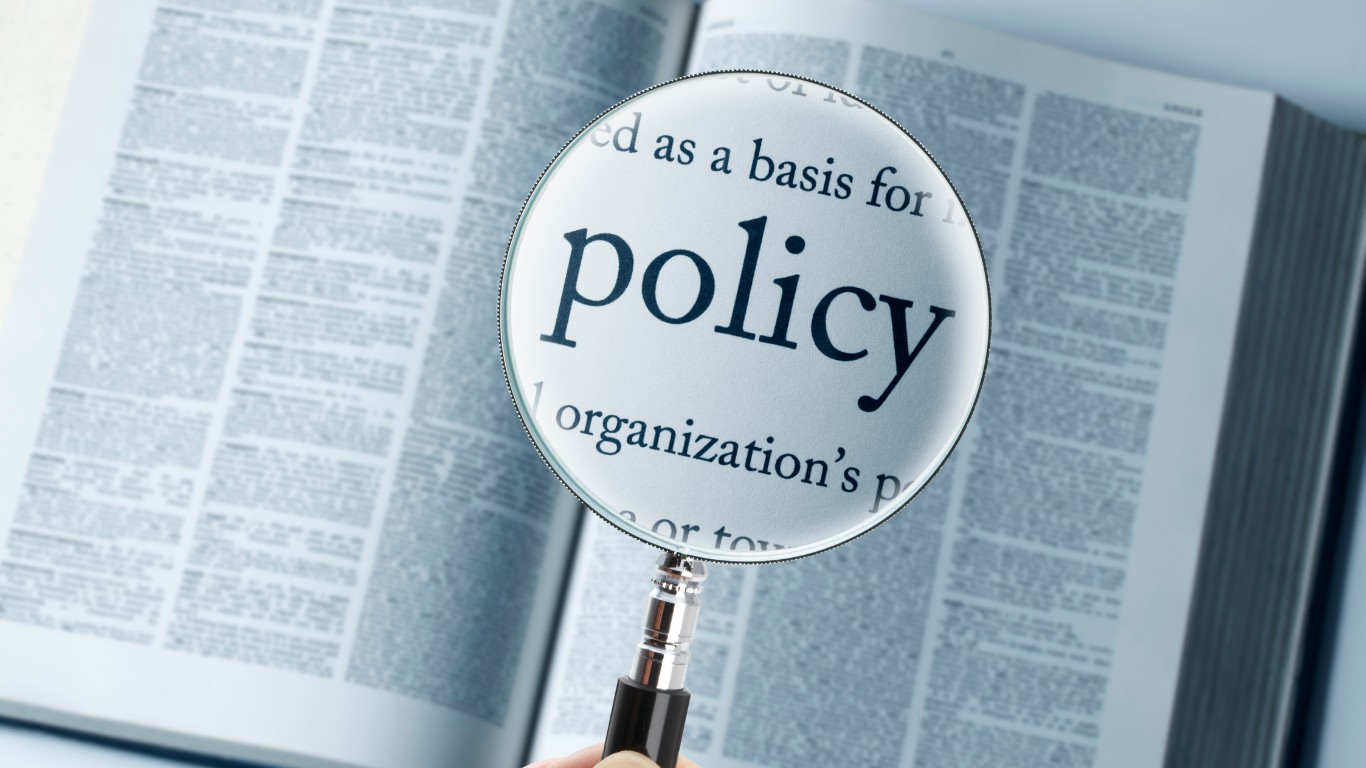Day 1: Understanding Health Equity & the Social Determinants of Health
Hey there!
Did you know that being healthy isn’t just about visiting a doctor or buying medicine? The truth is, our health is shaped by the places we live, the work we do, and the everyday choices we make. These things are called Social Determinants of Health (SDOH), and they affect everyone, especially traders, artisans and small business owners in local communities.
At Public Health Equity Initiatives (PHEI), we believe that understanding these factors is the first step towards creating healthier, fairer workplaces, especially in the informal sector, where small business owners and community workers often face unique challenges.
What Are Social Determinants of Health?
Social determinants of health are the everyday circumstances that influence people’s wellbeing. They include:
1. Income & Financial Stability
Having steady income makes it easier to eat well, access healthcare, and live comfortably.
Example:
A market trader who earns daily may struggle to buy nutritious meals or pay for healthcare. Even small steps, like saving a little each day or joining a community health fund, can help.
2. Education & Knowledge
Knowing simple health tips can affect everyday decisions and well being.
Example:
Organise short chats in your market or community about hygiene, affordable healthy meals, staying active, or managing stress. Even 10 minutes of shared learning with fellow traders can make a difference.
3. Environment
Safe surroundings, clean water, and tidy work areas protect physical health.
Example:
Keep your stall or workspace clean, make sure water is safe to drink, and consider a small hand washing station. Small changes can prevent sickness and injuries.
4. Work Conditions
Long hours, unsafe tasks, or stress affect both body and mind.
Example:
Take short breaks in the shade, stretch occasionally, or swap tasks when possible. These little adjustments help reduce fatigue and injury.
5. Social Support & Community Networks
Being part of a supportive group helps people stay healthier and more resilient.
Example:
Traders or artisans can form small groups to share health tips, check in on each other, and provide support when someone feels unwell.
They may seem small, but even tiny differences in these factors can lead to big health gaps between communities.
Why Everyone Deserves a Chance to Be Healthy
Being healthy shouldn’t depend on where you live, how much you earn, or the kind of work you do. But in many informal workplaces; like markets, small shops, or community-based businesses, people face challenges that make staying healthy harder.
Understanding these SDOH, helps us:
Spot the risks that can make people sick or stressed
Create practical solutions that actually work in real-life workplaces and communities
Support everyone to thrive, not just get by
Making workplaces fair and healthy isn’t just good for individuals, it’s good for the whole community and business. Healthy traders, artisans, and workers are more energetic, motivated, and able to keep their businesses running smoothly.
Practical Steps You Can Take Today
Observe your workplace or community
Identify health risks like long work hours, unsafe conditions, or limited access to clean water.
Start small
Introduce simple measures like regular hand washing, rest breaks, or shaded areas.
Engage your team or community
Ask people what support they need to stay healthy.
Share knowledge
Discuss tips on hygiene, nutrition, stress management, or safety.
Plan improvements
Commit to one action this week to improve health and wellbeing.
Take Action Today
As we kick off Digital Health Equity Week, take a moment to reflect:
What factors in your workplace or community affect health?
Are there small changes that could make life healthier and fairer for everyone?
Throughout this week, we’ll share daily insights, tips, and practical actions you can take to build healthier, more equitable workplaces, no matter your role or industry.
Join the conversation online, share your thoughts, and let’s work together to close health gaps in every community.








